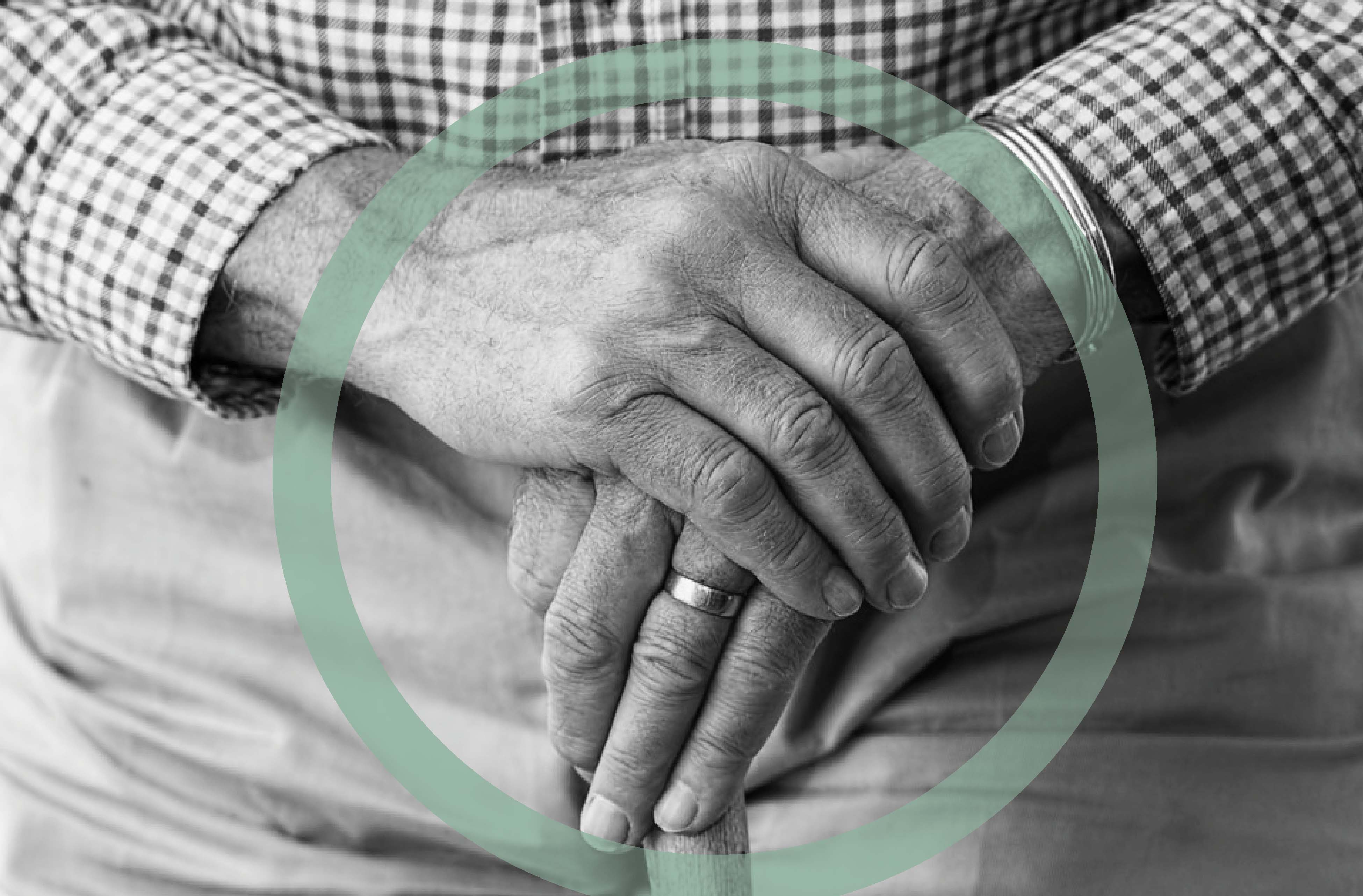Join us at our open house to learn about the history of the Holocaust, and visit the Museum free of charge.
- Holocaust survivor testimony in French at 1:00 pm and in English at 2:30 pm
- Free Museum admission from 10 am – 4 pm
The Montreal Holocaust Museum is participating in the Ministère de la Culture et des Communications initiative offering free Museum admission on the first Sunday of every month!
Open House at the Museum
During your visit to the Museum, discover artefacts that bring additional significance to survivor accounts, by portraying Jewish life before, during and after the Holocaust. Your visit will give you a sense not only of the tragedy, but also an opportunity to hear inspiring stories of resistance, survival and solidarity.
A Survivor’s Story
Hear testimony from survivors about their experiences during the Shoah.
- The Holocaust survivors sharing their testimony will take place in French at 1:00 pm and in English at 2:30 pm
Who are Holocaust survivors?
They are people of the Jewish religion or culture who survived Nazi persecution during the Second World War. They have various experiences associated with the Nazis’ rise to power in 1933, and the establishment of a state policy of systematic persecution.
- Some survived ghettos, forced labour, concentration camps and death camps (which is extremely rare).
- Others survived by hiding; pretending to be a Christian with false documents; living and fighting as a partisan (Jewish Resistance); escaping to Russia; fleeing Germany or Austria between 1933 and 1939 to “neutral” countries or to the United Kingdom, America and Palestine.
Watch a testimony clip from Holocaust survivor Avrum Feigenbaum to hear why sharing his story is so important to him:
Discover objects from our collection
